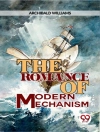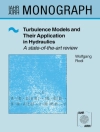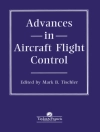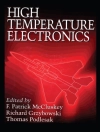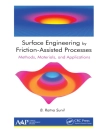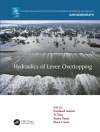The focus of the Congress will be leading-edge manufacturing processes. Topics include manufacturing at extreme speed, size, accuracy, methodology, use of resources, interdisciplinarity and more. Contributions from production and industrial engineering are welcome. Challenges from the areas of manufacturing, machines and production systems will be addressed.
Production research constantly pushes the boundaries of what is feasible. The Congress ‘Production at the leading edge of technology’ will highlight production processes that are advancing into areas that until recently were considered unfeasible, also in terms of methodology, use of resources and interdisciplinarity.
But where does the search for new limits lead? Which limitations do we still have to overcome, which ones do we not want to overcome?
The aim of the German-speaking colloquium is to establish connections between the research locations and to intensify the overall transfer of results and experience with industrial users.Table of Content
Preface.- Vorwort.- Forming Machine Tools and Manufacturing Processes.- Cutting Machine Tools and Manufacturing Methods.- Automated Assembly and Robotics.- Machine Learning.- Industrial Science.
About the author
Prof. Jens P. Wulfsberg studied and received his Dr.-Ing. in mechanical engineering at the University of Hannover with a focus on manufacturing technology. From 1991 to 2001 he was in charge of the Department of Developmenten and Construction Technology of the Olympus Winter & Ibe Gmb H in Hamburg. In 2001 he was appointed head of the Department of Production Engineering at the Helmut-Schmidt-University in Hamburg. His research focuses on the areas Micro-Production, manufacturing automation and robotics, knowledge management and open source production.
Prof. Wolfgang Hintze studied mechanical engineering at the TU Braunschweig, where he became research assistant working on gear grinding and dressing. In 1985 he moved to the TU Hamburg-Harburg (TUHH) and received his doctorate in 1990 dealing with the model-based chip break assessment. Subsequently, he was responsible at Krupp Widia for the development and rapid prototyping of indexable inserts, the test field and demonstration center. In 1999 Prof. Hintze took over the production engineering department of IPMT. His main areas of research include machining technologies for lightweight structures, e.g. for CFRP and titanium, and extremely hard and soft machining. Since 2008, Prof. Hintze is in a research cooperation with Fraunhofer IFAM and has developed innovative solutions for the automated production and assembly of large structures on a scale of 1:1. Since 2009 Prof. Hermann Lödding and Prof. Wolfgang Hintze lead the IPMT together.
Prof. Bernd-Arno Behrens, studied mechanical engineering at the University of Hannover from 1984 to 1991. He then worked as a research assistant at the Institute for Forming Technology and Forming Machinery in Hannover and received his doctorate in 1997 in the field of solid forming. Subsequently, he took over a leading position in industry. Since October 2003, Prof. Behrens has headed the Institute for Forming Technology and Forming Machinery. In addition, he has been spokesman of the board of the Material Testing Institute for Materials and Production Technology (MPA) in Hannover since 2004. In 2005, he also assumed the function of managing partner of IPH – Institut für Integrierte Produktion + Hannover gemeinnützige Gmb H. Prof. Behrens is, among others, speaker of the Collaborative Research Center 1153 ‘Tailored Forming’, as well as member of the SFB 653 and location speaker of the TR73. He is a member of the Scientific Council of the AIF, the Arbeitsgemeinschaft Umformtechnik and an associate member of the International Academy of Production Engineering (CIRP).


